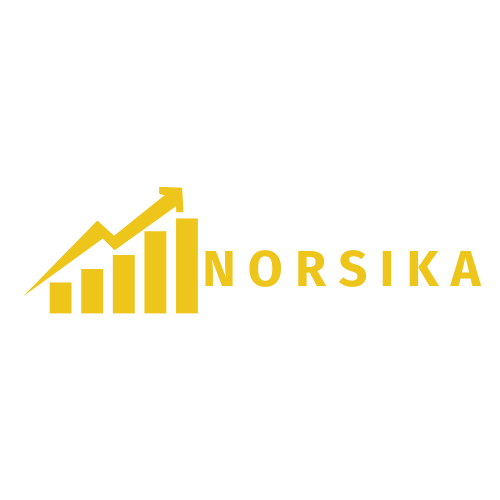The Israel-Hamas war is shaking global financial markets, sparking sharp movements in sectors like energy, defense, and cryptocurrencies. Oil prices are climbing, defense stocks are surging, and investors are turning to safe-haven assets such as gold and Bitcoin. Market volatility often opens windows for bold investors to capitalize on price swings. Now is the time to act—whether it’s hedging against risk or strategically diversifying your portfolio, take advantage of these shifting dynamics before the markets stabilize.
How the Israel-Hamas War Is Shaking Global Markets and Why Investors Should Act Now
The ongoing Israel-Hamas conflict is creating ripple effects across all financial markets, leading to increased volatility and uncertainty. Here’s how different sectors are being impacted:
- Energy Markets: With the Middle East being a critical oil-producing region, any instability raises concerns over supply disruptions. Oil prices have spiked due to fears of further escalation, potentially impacting global energy costs and inflation. Energy stocks are expected to benefit in the short term as prices rise, but downstream industries may face cost pressure, leading to higher inflation and reduced consumer spending.
- Defense and Aerospace: Defense stocks are seeing an upward trend as global tensions heighten military spending across various nations. Investors in defense companies may find opportunities in stocks related to weapons systems, cybersecurity, and aerospace. This sector is expected to grow as nations ramp up defense budgets in response to the instability.
- Safe Haven Assets: Times of geopolitical conflict often drive investors toward safe-haven assets like gold, silver, and cryptocurrencies such as Bitcoin. These assets tend to perform well as traditional markets waver. Bitcoin, which has been viewed as a digital hedge, has seen increased activity. Gold, on the other hand, historically rises in times of geopolitical uncertainty, offering a buffer against market drops.
- Stock Markets: Volatility in global stock markets has increased as uncertainty looms over energy supplies, rising military expenditures, and global economic impacts. Tech and growth stocks may face headwinds due to rising inflation, while energy and defense sectors may thrive. The risk of recession in certain economies also grows with these uncertainties, making market timing crucial.
- Inflation and Interest Rates: Rising oil prices contribute to inflationary pressure globally, pushing central banks to either raise interest rates further or hold them higher for longer. Higher borrowing costs can weigh on consumer demand and business investment, adding pressure to equity markets.
- Cryptocurrencies: Cryptocurrencies have gained attention as investors seek alternatives to traditional assets. Bitcoin and other digital currencies are often viewed as hedges against inflation and geopolitical instability. As traditional markets become riskier, investors may turn to crypto for both long-term gains and short-term volatility trading opportunities.
- Global Trade and Supply Chains: The war threatens key supply routes in the Middle East and could disrupt trade channels, leading to delays and increased costs in global supply chains. This could impact a range of industries, from consumer goods to technology, raising costs and reducing profit margins.
Why Investors Should Act Now
Periods of geopolitical instability often create both risks and opportunities. Volatility in the markets opens doors for investors willing to take strategic positions. Now is the time to diversify your portfolio and hedge against potential risks while taking advantage of short-term market fluctuations. By investing in energy, defense, safe-haven assets, and potentially even cryptocurrencies, investors can protect their wealth while positioning themselves to capitalize on price movements. As markets react unpredictably, timing and adaptability are key.

